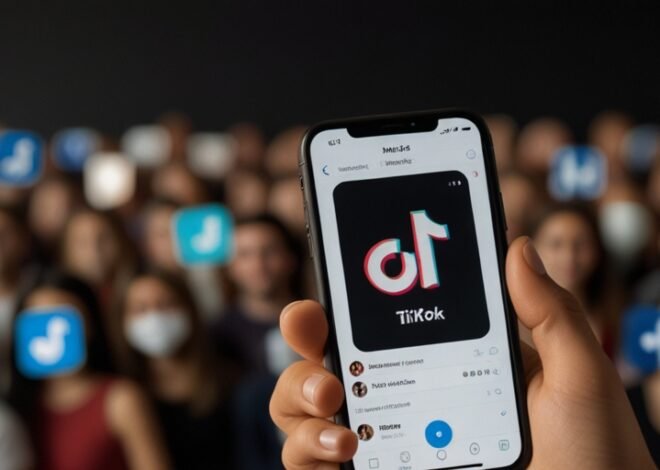
North Korea Launches State-Controlled Social Media Platform
To the astonishment of many, the authorities in Pyongyang have recently declared the establishment of the domestic social network Juche Connect which appears to be North Korean answer to the banned abroad social networks. This comes only days after the nation rolled out a broad ban of all international social media platforms.
Juche Connect, which takes its name from North Korea’s official state ideology promoted by Kim Il Sung University, DPRK’s official propaganda media outlet is already promoting this new creation as the ‘revolutionary tool for socialist communication,’ which will help citizens to disseminate approved content and to communicate within the confines of certain information restrictions that are inherent in North Korea today.
As the authorities declared, the KW being an isolated national intranet named Kwangmyong, all kind of activity within the platform will remain limited and controllable by North Korean government. Compliance with their identification numbers will be necessary when signing up for the platform which basically means that anonymity will be impossible.
The opinion of the international observers to the establishment and launch of Juche Connect has been taken with a pinch of salt as compared it with mere state sponsored propaganda instrument of social networking rather than a social networking tool. But the North Korean authorities claim that the site will grant its population free and secure sphere to post their personal experiences and discuss their everyday routines and accomplishments on the way to create a socialist Korean wonderland.
Specified characteristics of this new platform are text messaging; dissemination of government selected photos and videos; and discussion of a variety of topics from farming to the history of the revolution. A points system has also been applied which involves user sharing state approved content and attending online political classes.
Quite a special feature of Juche Connect is its excellent integration with North Korea’s existing propaganda system. Someone using this page will get daily feeds from state media and can easily share these articles to other people. It also provides a function for any citizen to report any material that they consider “counter revolutionary or otherwise prejudicial to the state” it is an element of self policing and censorship.
As of now, this service is available only to the party members and loyal citizens in Pyongyang only; however, over the months ahead the government stated that it will seek to extend the coverage of Juche Connect to other cities as well. This phased approach seems to be indicated to enable authorities to track consumption and look into any problems before the programme is rolled out fully.
Thanks to the state-controlled social media platform established in North Korea, the potential course of further development of digital communication in the country has given rise to discussion. Amid such a background, some analysts believe that this step could be an attempt by the regime to design an optima environment where it can conduct a monitoring of the social media activity, mitigated by the challenges characteristic of foreign technologies. Some people think this may be followed by a more liberal approach to internet use Freedom still remains very limited and closely regulated.
Assembling the first communication satellite of the DPRK, response of the international community towards the launch of Juche Connect has been equally divided. Despite it being considered as a possibly positive development making more of effects of the Internet in North Korea, some critics fear that it will merely make the Hermit Kingdom effect worse by amplifying the impact of state control regarding information dissemination.
Civil liberties groups this week questioned the ability of the platform to potentially be used to target and shame people who will hold different opinions, even in direct messages. They say that it is impossible for a state-controlled social network to yield actual freedom of expression.
However, some critics of the present actions in North Korea have drawn positive scenarios further in the future. They reason that even the limited access to social media may over time gradually rise the citizens’ demand for information and interaction with the outside world and therefore demand for openness in the future.
It must be reminded that the launch of Juche Connect stresses on the current technologically advancing country of North Korea. Nevertheless, it has been revealed that the country possesses a rather great potential for creating home-built software and information technologies despite international limitations and low financing. The creation of this new platform proves that the regime is willing and capable of keeping up with changes in technology, while still managing information input to and output from the population.
When launch of Juche Connect is set to happen, the world will be closely observing on how a state owned new media network will look like. Will it be able to successfully give North Koreans a sense of ‘belonging’ within a digital world, while keeping the preconceived political agenda corruptions-free or will it serve another purpose in the regime’s oppression toolbox? Only time will tell, but one thing is certain: as this paper has established, the use of the internet and other related technologies in North Korea is gradually changing and understanding its impact could be monumental.


